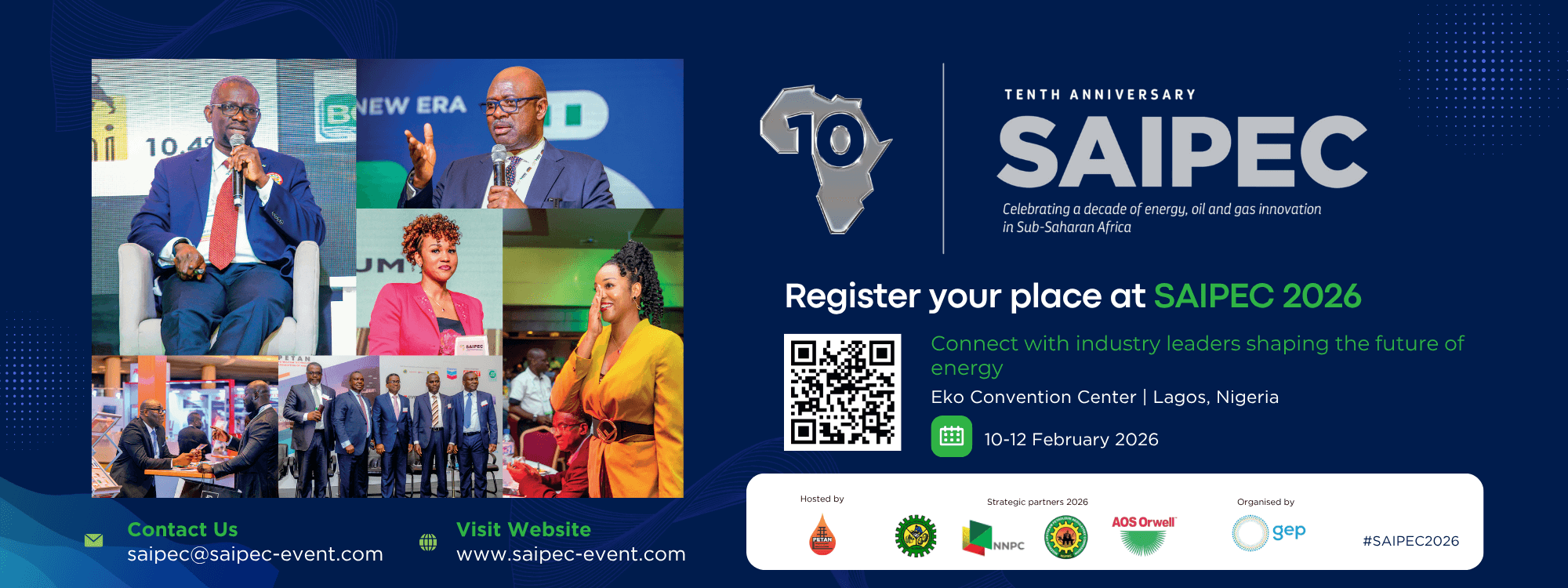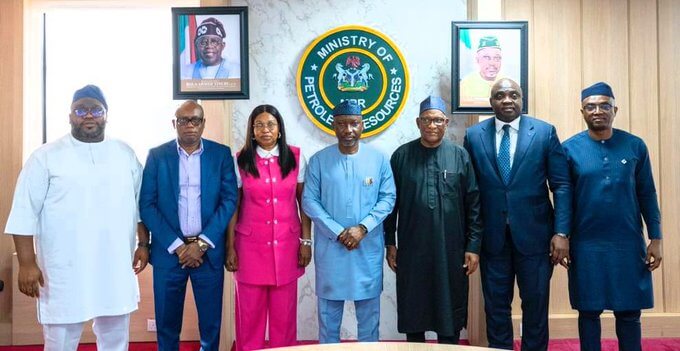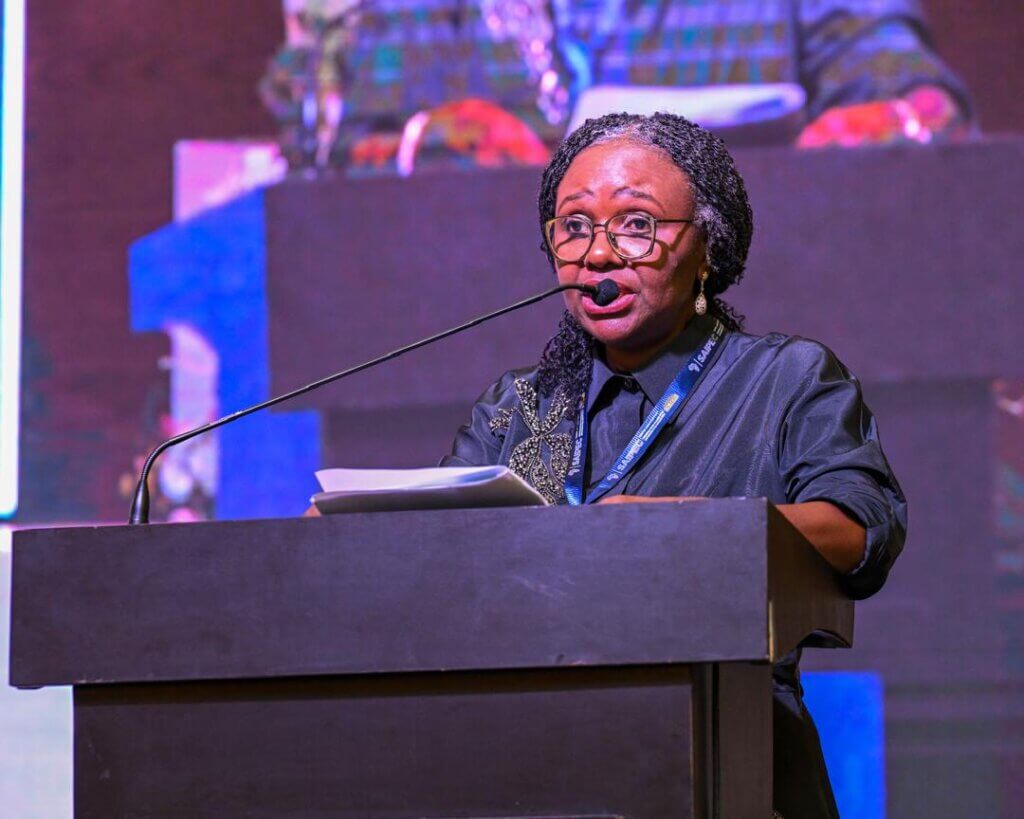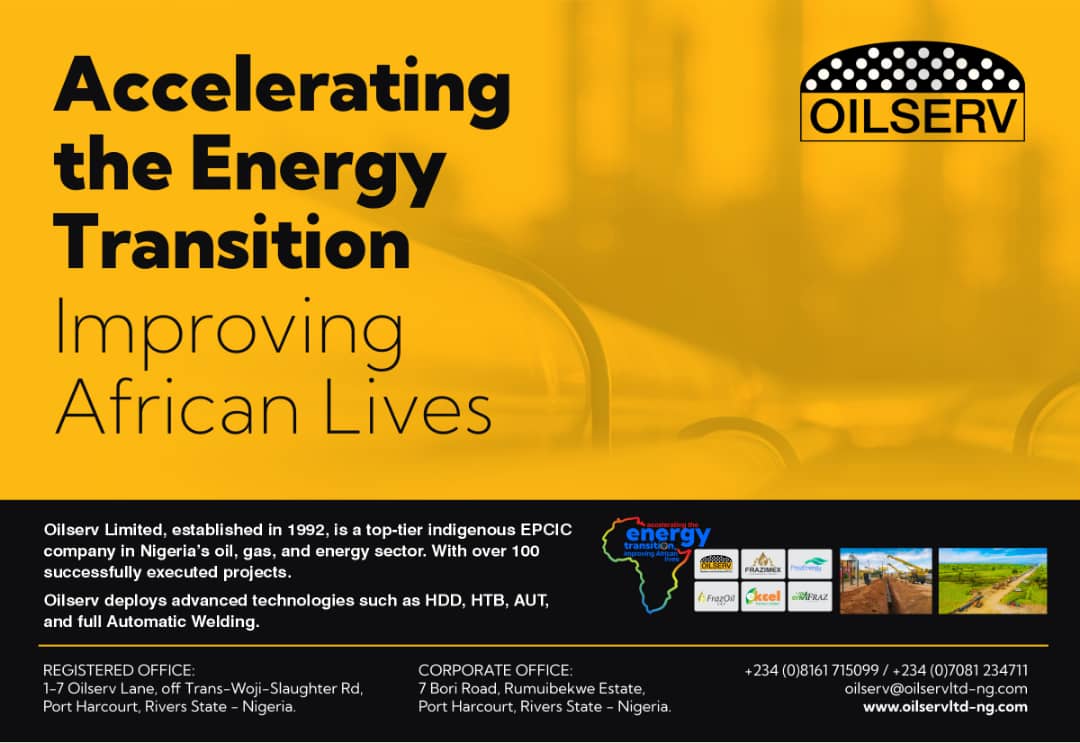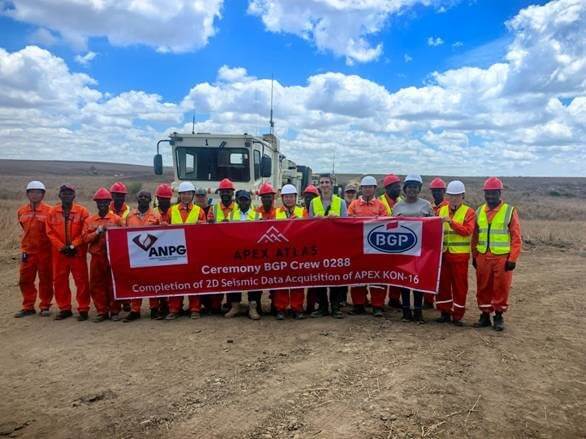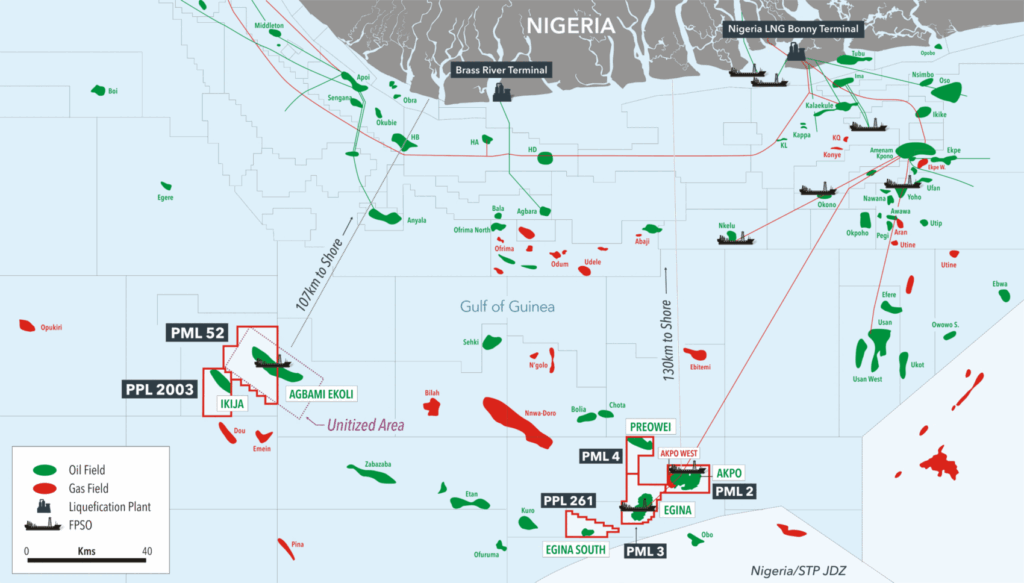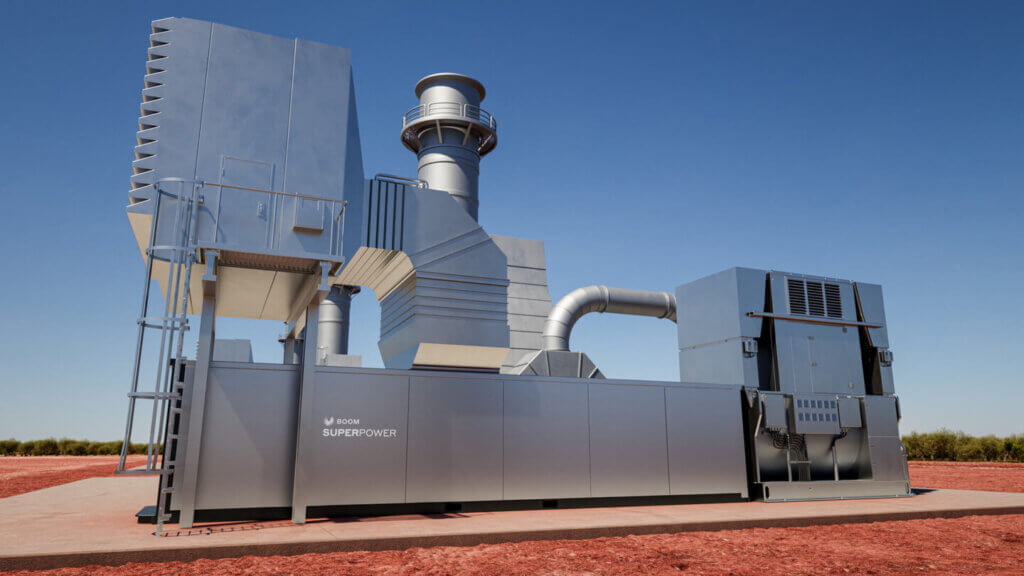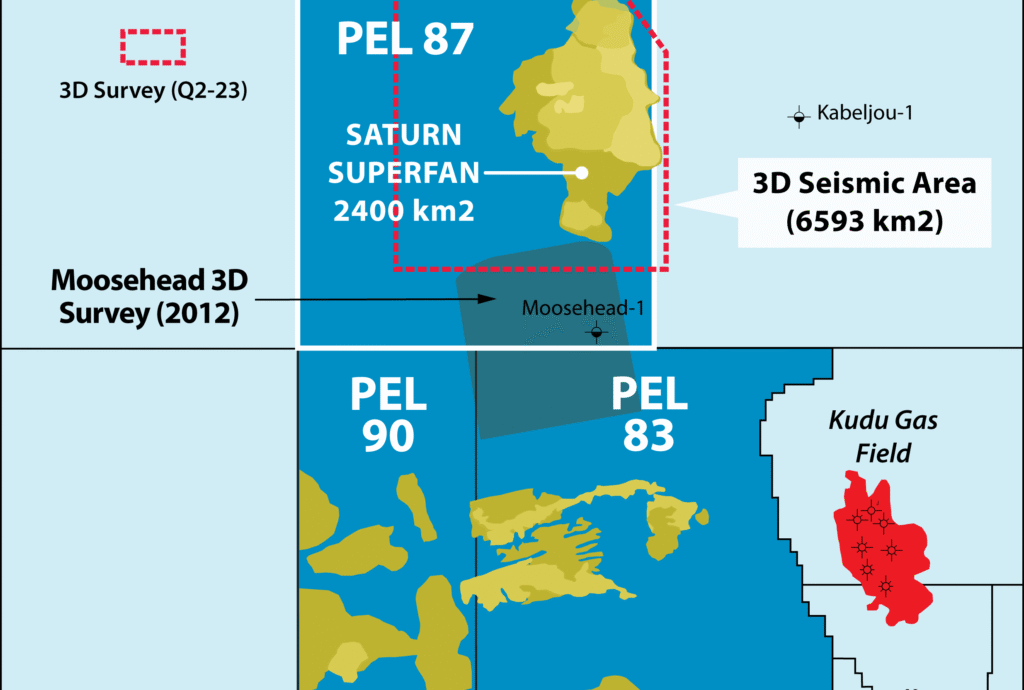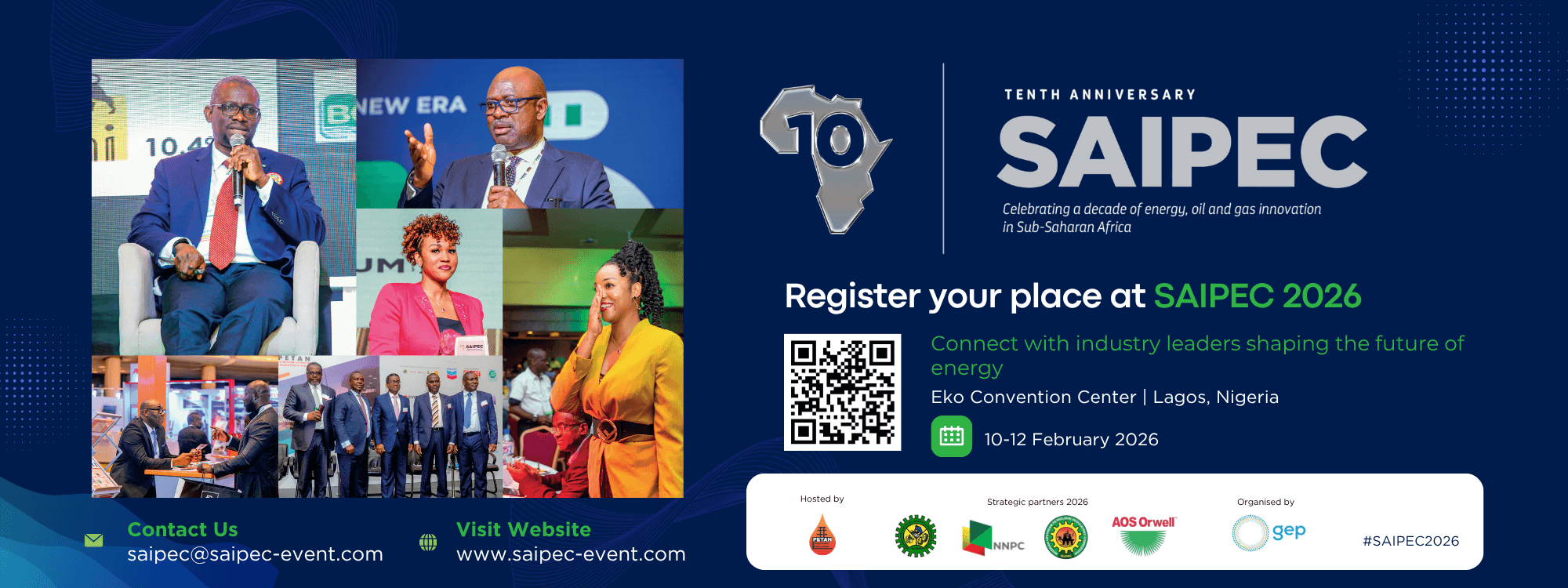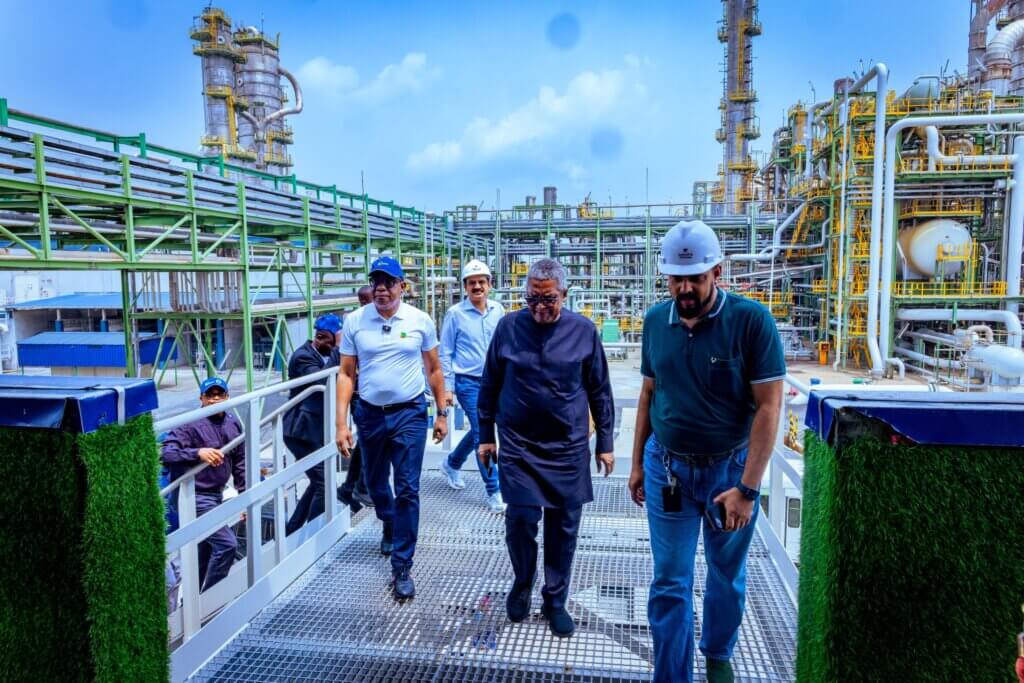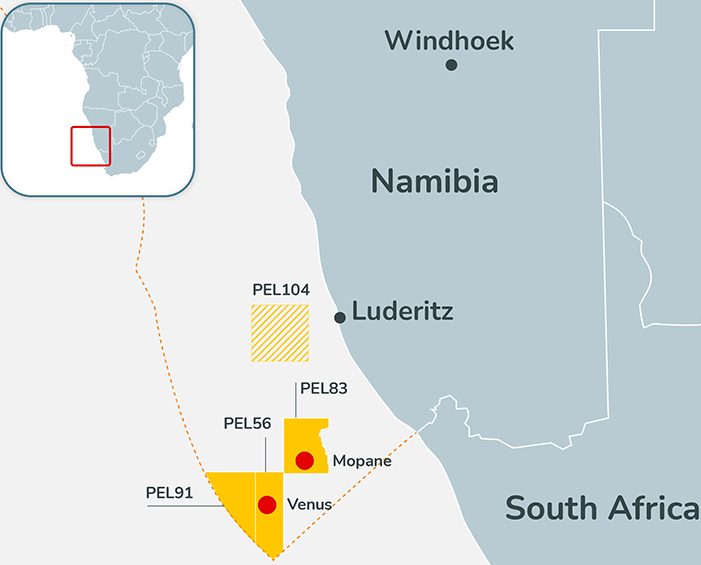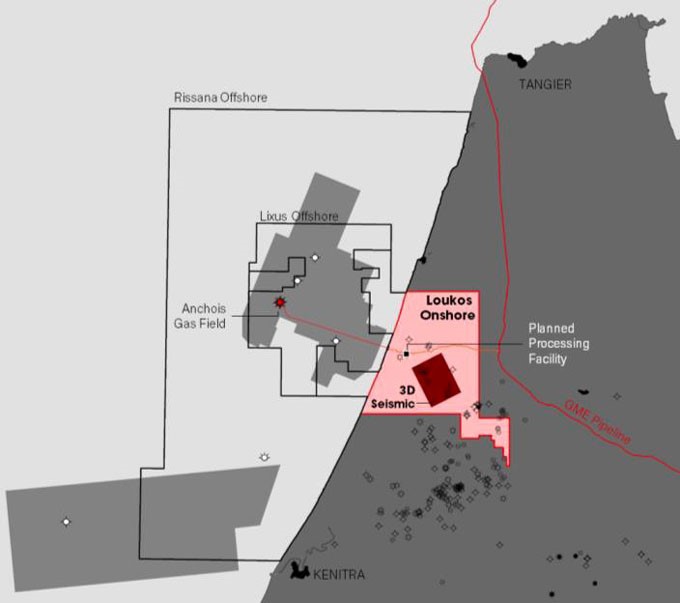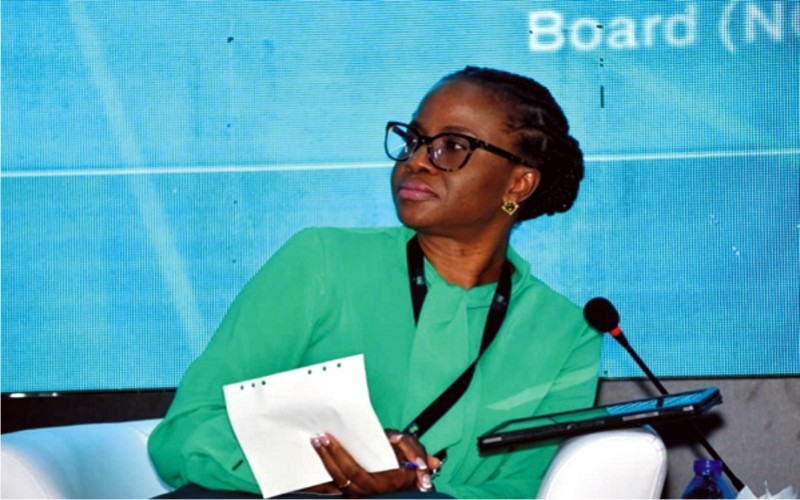
MicCom Chief Operating Officer of MicCom, Bukola Adubi has further stressed the need of oil and gas sector to invest in capacity development as a paramount approach for a strategic and sustainable future of the industry. The MicCom boss made this assertion at sideline of the just concluded NOG Energy Week 2023 recently held in Abuja Nigeria with the theme “Powering Nigeria’s Sustainable Energy Future.”
Bukola took time to highlight the various giant strides recently achieved by her company MicCom a renowned global cable manufacturer in the area of taken the federal government content initiative down to the nation’s economic fabrics through youth development in acquisition of basic knowledge in cable manufacturing.
To acquire such basic knowledge in cable manufacturing, the company has provided enabling platform which include the conducive environment, equipment and fund by donation of Electrical/Electronic Laboratories to LAUTECH, Ogbomosho in Oyo state; establishment of MicCom Funds for Teaching and Research at Obafemi Awolowo University, Ile Ife; construction of Physics Laboratories at Bowen University, Iwo, Oyo state; and building and donation of Technical Workshops in Lagos and Osun States.
In further deepening this great milestone, MicCom Cables and Wires Limited has unveiled the company’s plan for strategic partnership with the Oil and Gas Trainers Association of Nigeria (OGTAN) in training young Nigerian students of higher learning to consolidate this wonderful and technology transfer opportunities.

“With our proposed partnership with the Oil and Gas Trainers Association of Nigeria (OGTAN) we shall take on training and technology transfer opportunities with Nigerian students to encourage local content development initiatives, especially in the cable manufacturing sector,” Adubi said.
“At the core of our R&D is our partnership with OAU, LAUTECH, and BOWEN Universities, which features laboratories which MicCom has donated where research and development functions in the fields of electricity and electronics, allowing us to accelerate development speed, and along with a firm understanding of customer needs that ultimately guides our processes.
“The facility also aims to be a base for the development of technology through cooperative efforts with raw material manufacturers and joint research projects between industry and academia, bringing together advanced technical information and specialists from each field, as we keep our eyes on the future.”
Adubi listed challenges confronting manufacturers in the country, which include; inadequate power supply, high energy costs, lack of access to renewable energy sources, 0inefficient energy utilization, limited financing options, and lack of technical expertise as some of them.
“Addressing these challenges requires a comprehensive approach involving government support, policy reforms, investments in renewable energy infrastructure, promotion of energy efficient practices, and capacity building initiatives for us manufacturers. The conversation has started and will continue. We are optimistic about the entrance of the new government,” she noted.
Adubi moderated one of the panel sessions at the Just concluded NOG Energy Week conference tagged, “Capacity Development for Emerging Opportunities.” Also highlighted benefits of embracing global emerging technology in real time to cushion the effect brain drain in the sector.
“The goal is to enable organisations to identify and understand emerging trends, technologies, and markets and to then develop the necessary capabilities to take advantage of these opportunities. Including but not limited to training programmes, mentorship, networking, and access to resources and funding.
“By investing in capacity development, organizations can stay ahead of the curve, innovate and remain competitive in a rapidly changing world. It allows for continuous growth, adaptability, and sustainability.”
To sustain Nigeria’s energy sector for the future, she suggested investment in renewable energy; fostering of collaborations and partnerships; enhancement of technical skills and knowledge; strengthening of regulatory frameworks; promotion of entrepreneurship and innovation; and improvement of infrastructure and grid stability.




